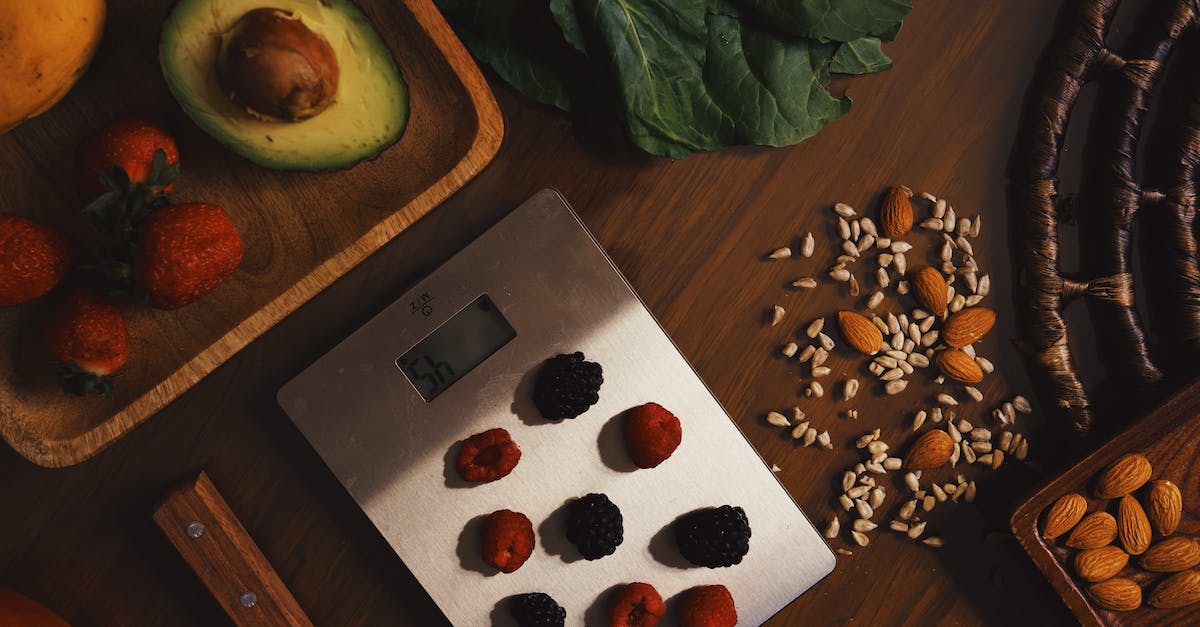Is it just me, or do kitchen scales just make cooking so much more satisfying? There’s something almost magical about precision when it comes to baking, cooking, and even making cocktails. Plus, is there anything more satisfying than watching ingredients fall perfectly into place on a scale? I think not!
I have spent the better part of my life experimenting with all kinds of kitchen scales – from analog to digital, from tiny pocket-sized ones to behemoth weight stations that could probably weigh a small child. And let me tell you – I have learned a thing or two about using them to their fullest potential!
From using them as conversion tools to determining appropriate serving sizes, kitchen scales can do so much more than just measure ingredients. So whether you’re an experienced home cook or just starting out, I’ve got some tips and tricks that I’m excited to share with you. Trust me, once you start incorporating kitchen scales into your cooking routine, you’ll never look back.
So, let’s dive in and discover the many ways in which we can use our trusty kitchen scales to elevate our culinary creations!
Importance of using a kitchen scale for cooking and baking
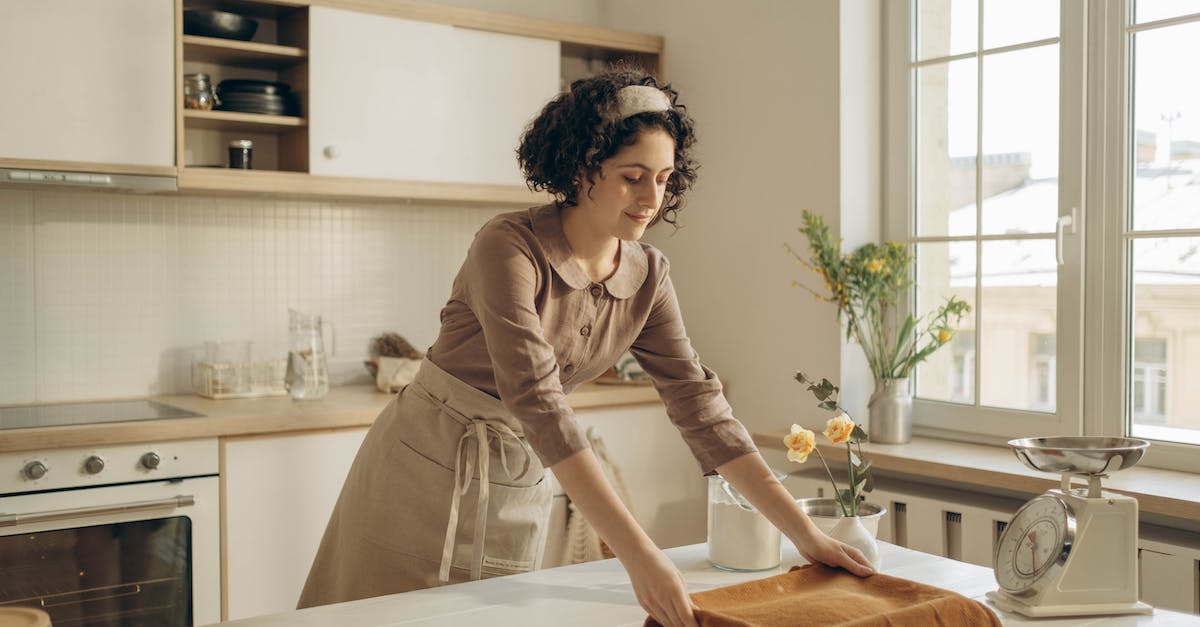
When it comes to cooking and baking, measuring ingredients correctly is crucial. Using a kitchen scale instead of measuring cups and spoons can provide accurate and consistent measurements, which can make all the difference in the success of your culinary creations. Here are some tips and tricks for getting the most out of your kitchen scale:
- Consistency: Using a kitchen scale ensures that you are using the same amount of an ingredient every time you make a recipe. This is important for dishes that require precise measurements, such as baked goods.
- Portion Control: Kitchen scales are great for monitoring your portion sizes. Simply weigh your food before eating to make sure you are consuming the appropriate serving size.
- Ease of Use: Using a kitchen scale can actually save you time in the long run. Instead of measuring with multiple cups and spoons, you can weigh all your ingredients in one bowl, reducing the number of dishes you need to clean.
- Accuracy: Kitchen scales provide more precise measurements than measuring cups and spoons. This can be especially helpful when dealing with small amounts of ingredients, where even a slight variance in measurement can affect the overall recipe.
- Recipe Conversion: Converting a recipe from volume to weight can ensure a consistent outcome. This is especially important when it comes to baking, where even a slight variance in measurement can alter the texture and taste of the final product.
- Cooking Techniques: Using a kitchen scale can also help with certain cooking techniques. For example, when making perfectly cooked and evenly sized meatballs, weigh each portion to ensure they are all the same size and will cook evenly.
In conclusion, using a kitchen scale can provide a multitude of benefits in the kitchen, from ensuring accurate and consistent measurements to making cooking and baking easier and more precise. So, next time you’re in the kitchen, consider using a kitchen scale for all your measuring needs.
Choosing the right kitchen scale for your needs
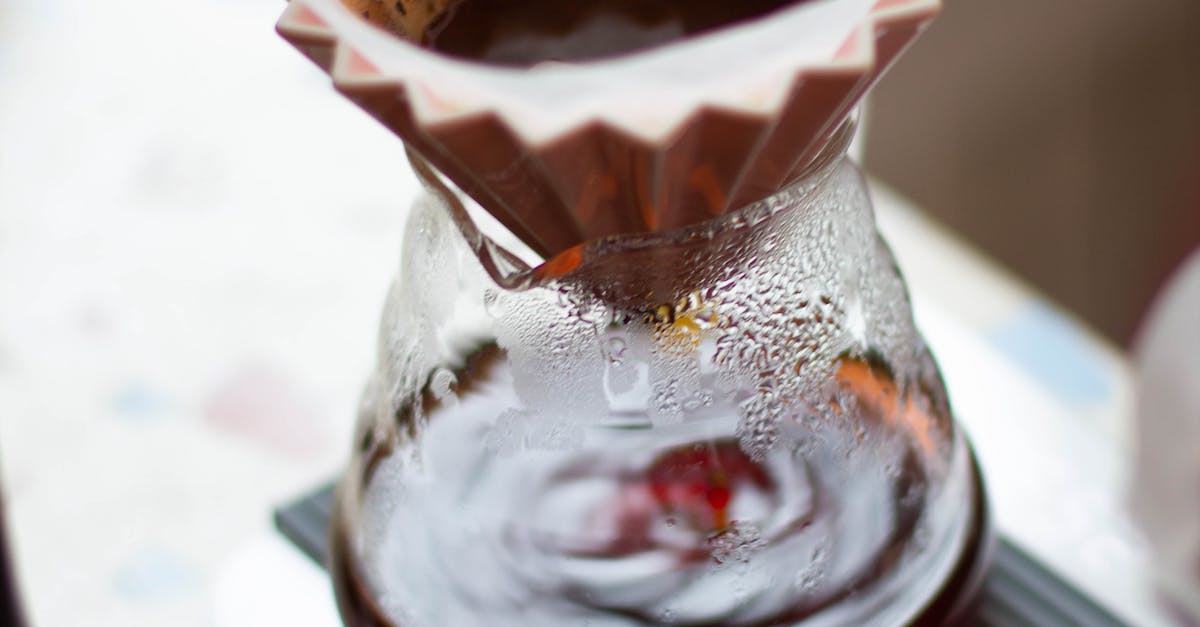
When it comes to choosing the right kitchen scale for your needs, there are a few things to consider. Here are some tips to help you make the best decision:
- Weight capacity: Consider the weight capacity of the scale. Do you need to weigh heavy items or just small amounts? Make sure the scale you choose can handle the weight of the items you plan to weigh.
- Accuracy: Accuracy is crucial when it comes to kitchen scales. Look for a scale that can measure accurately to the nearest gram or ounce. This will ensure that your recipe measurements are precise and your food consistently turns out the way you intend it to.
- Units of measure: Check to see if the scale can measure in different units of measure. Most scales will have the option to switch between grams, ounces, and pounds. Some may even offer a variety of other units like fluid ounces, milliliters, or kilograms.
- Display: The display of the scale should be easy to read and not too small. You don’t want to strain your eyes trying to read the measurement. It’s also helpful if the display is backlit, especially if you are working in low-light conditions.
- Tare function: The tare function allows you to zero out the weight of a container, so you can weigh just the ingredients inside. Make sure the scale you choose has this function to make weighing ingredients easier and more accurate.
- Material: Consider the material of the scale. Do you want a plastic or metal scale? Metal scales tend to be more durable, but plastic scales can be more lightweight and easier to clean.
Choosing the right kitchen scale is crucial to making sure your recipes turn out perfectly every time. Consider these tips when choosing a scale, and you’ll be on your way to accurate and precise measurements in no time!
Proper maintenance and care for your kitchen scale
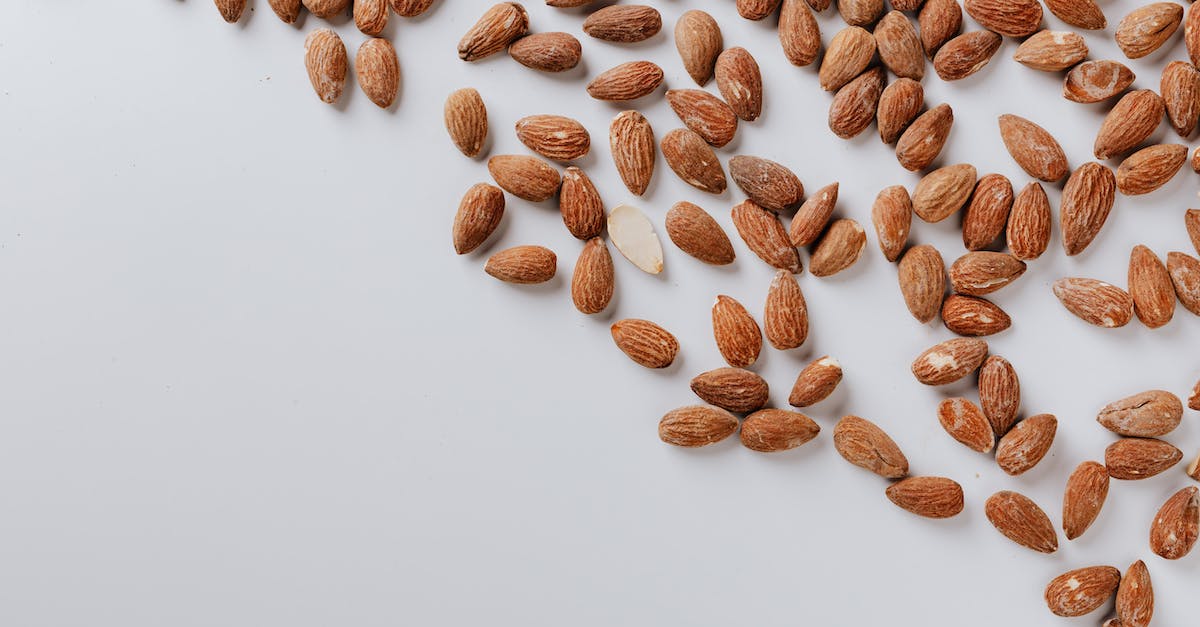
Keeping your kitchen scale in good condition is essential for precise measurements and long-term usability. Here are some tips on how to maintain and care for your kitchen scale:
- Read the manual: Before using your kitchen scale for the first time, make sure you read the manual. This will give you specific guidelines on how to care for your scale and what types of maintenance are required.
- Clean regularly: To ensure accurate measurements, it’s important to keep your kitchen scale clean. Wipe it down with a damp cloth after each use and deep clean it every few weeks with a mixture of soap and water. Make sure to dry it thoroughly before using it again.
- Store properly: Keep your kitchen scale in a safe and dry place when not in use. Don’t stack other items on top of it, and keep it away from high heat or moisture.
- Avoid overloading: Kitchen scales have a maximum weight capacity, so be sure not to overload it. This can cause damage to the scale and inaccurate measurements.
- Calibrate your scale: Over time, your kitchen scale may become uncalibrated. To ensure accurate measurements, you should calibrate your scale regularly. This involves adjusting it to read exactly zero with no weight on it.
By following these proper maintenance and care tips, you can extend the life of your kitchen scale and keep it in working order for years to come.
Tips for accurate measurements and avoiding common mistakes

When it comes to cooking and baking, accuracy is key. A kitchen scale can be a great tool to ensure that your measurements are precise. Here are four tips for using your kitchen scale effectively and avoiding common mistakes.
- Weigh ingredients in grams: Grams are the most accurate unit of measurement for ingredients. Most kitchen scales have the ability to switch between grams and ounces, but using grams can help you achieve the most precise measurement possible.
- Place ingredients in a container: Place the container (bowl, measuring cup, etc.) on the scale before turning it on. Once the scale reads zero, add the ingredient. This method will help avoid any over-pouring or spilling of ingredients.
- Zero out between ingredients: If you need to weigh multiple ingredients for a recipe, be sure to press the “zero” or tare button in between each ingredient. This will reset the scale back to zero and ensure that only the weight of the new ingredient is being measured.
- Measure liquids by weight: Not all kitchen scales are capable of weighing liquids, but if yours is, it’s a great way to measure out precise amounts of liquids. Be sure to use a container with high sides to avoid spilling, and keep in mind that liquids weigh differently than dry ingredients, so you’ll need to use a conversion chart to determine the correct weight.
By following these tips, you can ensure that your measurements are accurate, which can greatly improve the outcome of your recipes. Happy cooking!
Creative uses for your kitchen scale in the kitchen
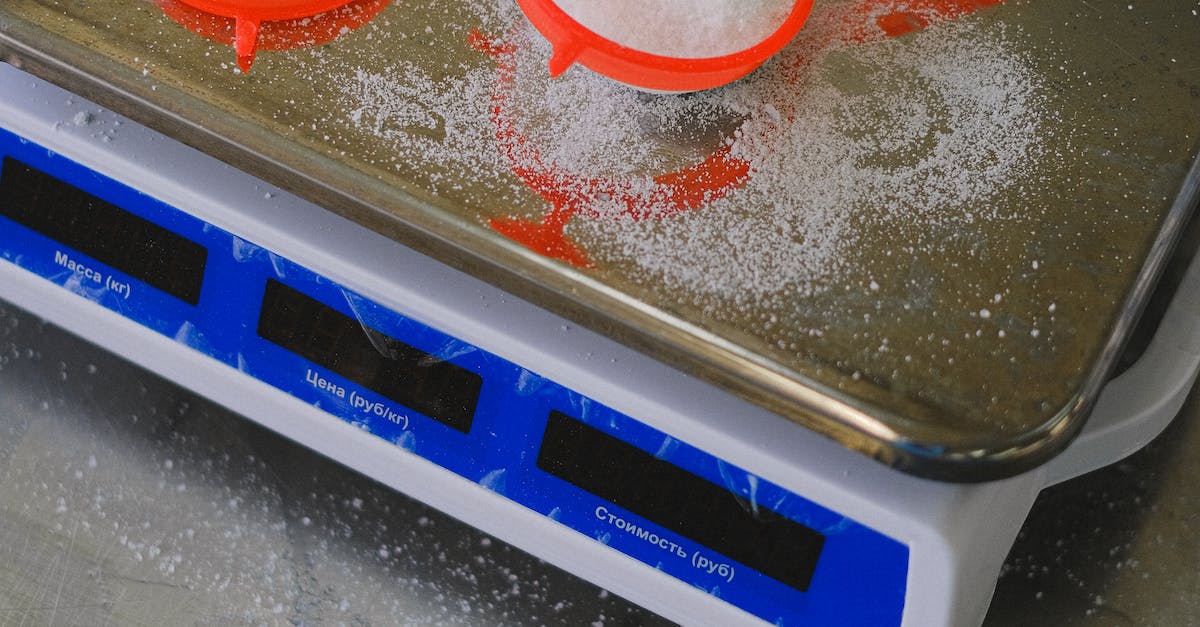
- Weighing Ingredients: The most obvious use of a kitchen scale is for weighing ingredients. This is especially useful when baking, as accurate measurements are crucial for ensuring that the final product turns out just right.
- Portion Control: A kitchen scale is a great tool for keeping track of portion sizes, particularly if you are trying to maintain a healthy diet. Weighing out your food can help you stay within your calorie goals and avoid overeating.
- Measuring Liquids: Kitchen scales can also be used to measure liquids, which can be particularly helpful when baking or making cocktails. Simply place a container on the scale, zero it out, and then pour in your liquid until you reach the desired weight.
- Creating Consistent Dishes: If you have a recipe that you love, using a kitchen scale can help you create consistent dishes every time. By weighing out your ingredients, you can ensure that each batch of food is made to the same specifications, resulting in a consistent taste and texture.
- Converting Recipes: If you come across a recipe that uses measurements you are unfamiliar with, a kitchen scale can help you convert the recipe to your preferred measuring units. Simply weigh out the ingredients using the original measurement system, and then convert the weight to your preferred unit.
Overall, a good kitchen scale is an incredibly useful tool in the kitchen, allowing you to weigh ingredients accurately, control portion sizes, measure liquids, create consistent dishes, and convert recipes to your preferred measuring system. By incorporating these tips and tricks into your cooking routine, you can take your culinary skills to the next level!
Recommendations for popular kitchen scales on the market

As a kitchen scale enthusiast, I have tested and tried many different scales on the market. Below are my top recommendations for popular kitchen scales that offer accuracy, convenience, and extra features.
1. OXO Good Grips 11 Pound Stainless Steel Food Scale: This scale is great for measuring large ingredients and has a pull-out display that makes it easy to read measurements even when using oversized bowls.
2. Escali Primo Digital Kitchen Scale: This sleek scale is affordable and offers a tare function, which allows you to reset the weight to zero after adding each ingredient.
3. Greater Goods Digital Food Kitchen Scale: This scale has a backlit display that makes it easy to read measurements in low light. It also includes a handy conversion chart for converting between different measurement units.
4. Etekcity Digital Kitchen Scale: This scale has a slim design that makes it easy to store when not in use. It also has a long battery life and can measure up to 11 pounds.
5. Cuisinart Kitchen Scale: This scale offers a countdown timer and a removable stainless steel bowl for easy cleaning. It also has a large LCD display that makes it easy to read measurements.
6. Ozeri Pronto Digital Multifunction Kitchen and Food Scale: This scale is great for measuring small, precise ingredients such as herbs and spices. It also offers a tare function and can measure up to 11 pounds.
Investing in a high-quality kitchen scale can make a world of difference when it comes to cooking and baking. With these top recommendations, you can find the perfect scale to fit your needs and take your cooking to the next level. Happy measuring!
Conclusion
Well, folks, we’ve covered a lot today in our kitchen scale tips and tricks. From weighing out the flour for the perfect cake to portioning out your meals for a healthy diet, these little gadgets are a game-changer in any kitchen.
But let’s not forget the fun stuff, like weighing out ingredients to make sure your favorite cocktail is perfectly balanced or using your scale as a makeshift timer when you’re trying to cook your steak to perfection. And for all my fellow bakers out there, who else has used their kitchen scale to weigh out their pet’s food? Don’t deny it; we’ve all been there!
At the end of the day, a kitchen scale is an essential tool for any home cook or baker, and with a little bit of creativity, you can use it for so much more than just measuring ingredients. So go forth and let your kitchen scale be your trusty sidekick in all your culinary adventures, and never underestimate the power of a perfectly weighed-out meal or recipe. Happy weighing, my friends!

